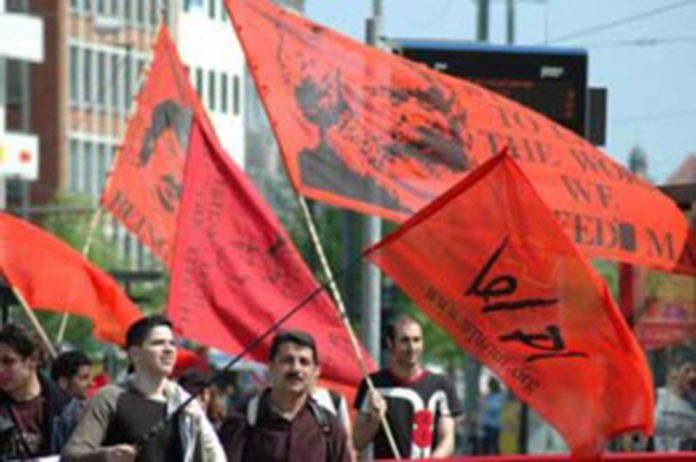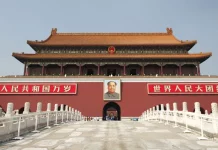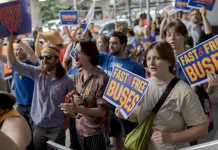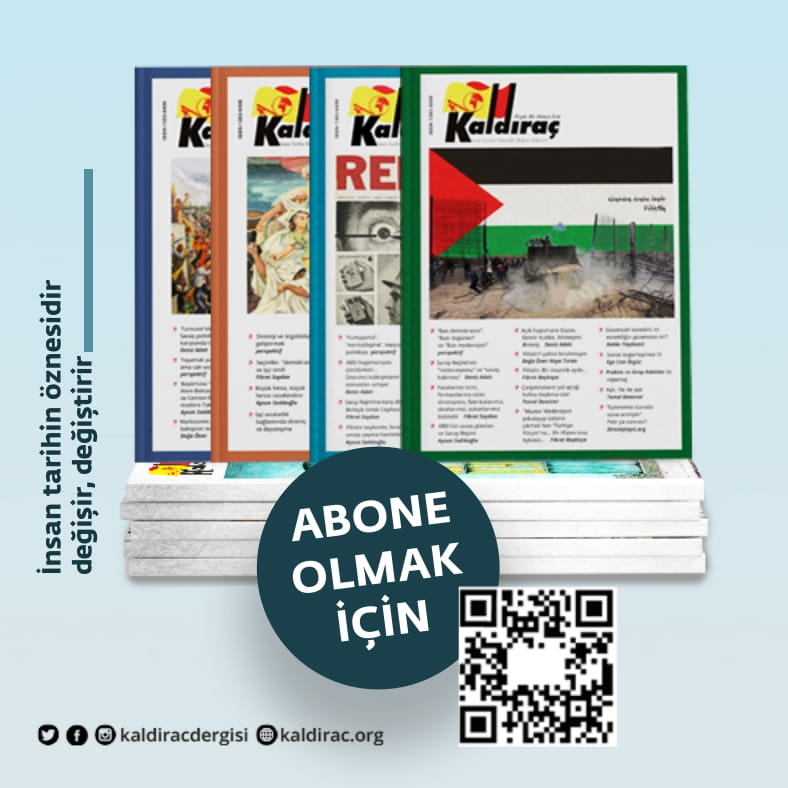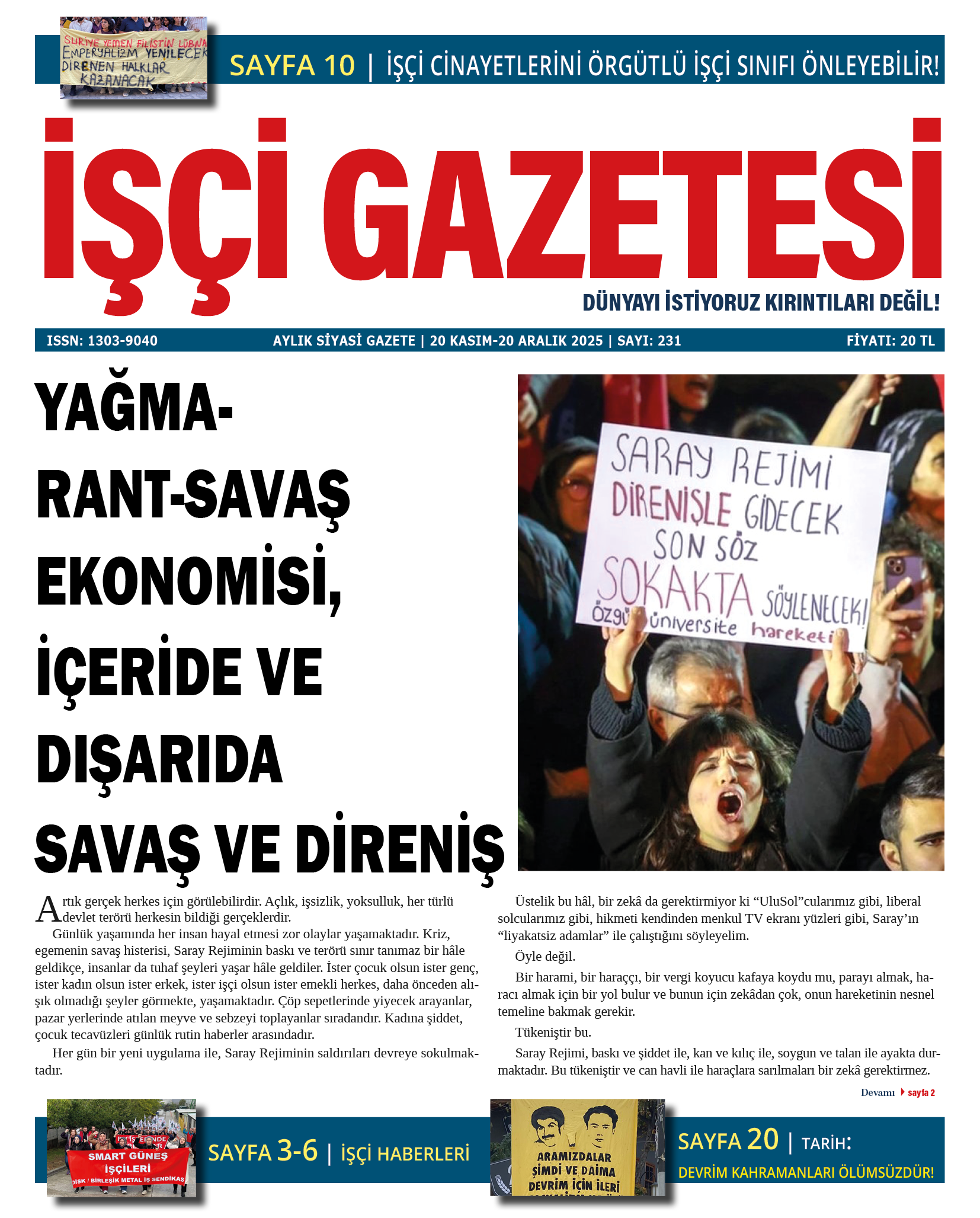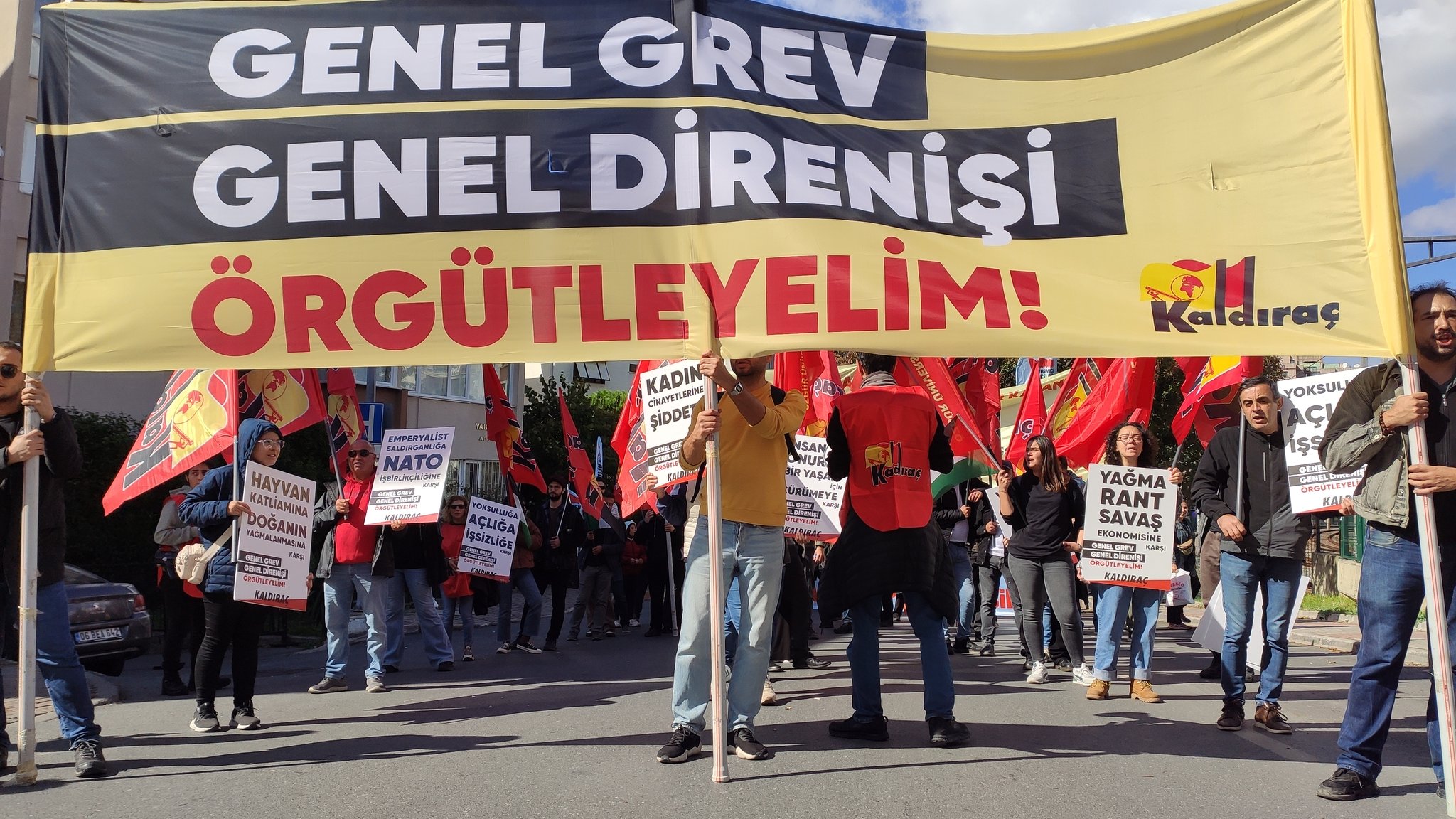Following the imperialists’ attack on Iran through Israel, we contacted our comrades in Iran to hear the views of forces acting on behalf of the working class and laboring people. In this scope, we had an interview with Bahram Soroush, a member of the Politburo of the Workers-Communist Party of Iran. Bahram Soroush stated that the Party’s policies have always been that, in the event of a war between Israel or the US and the Islamic Republic of Iran, the struggle to overthrow the Islamic regime must not be abandoned, and that this policy must be continued under the different and new conditions created by the war. He said that, just as for the Iranian people, “the enemy is at home” for them as well.
1- We would like to hear your comments on the escalating war between Iran and Zionists, supported by all imperialists and foremost by the US. What are your impressions?
The tension and hostilities between Israel and Iran’s Islamic Republic are not a new thing. These have existed since the inception of the Islamic Republic in 1979. Anti-Israelism and Anti-Americanism is part of the ideology of the political-Islamist tendency that came to power in Iran. In its decades-long existence, the regime in Iran has tried to expand its influence throughout the region, exploiting the Palestinian issue towards this end. By deceptively presenting itself as a friend of the Palestinian people, it has revamped its Islamic proxies in the region, such as Hamas, and called for the annihilation of the state of Israel. The regime’s nuclear ambition and ballistic missiles programme have been part of this strategy of expansion of its influence in the region.
On the other side, supported by the West, the Israeli state, which has not refrained from any crime in denying the Palestinians their right, and is currently engaged in one of the most horrific genocides in human history in Gaza, has perceived the Islamic regime as a threat to its existence.
Israel has always been against a deal with the Iranian regime, such as the one brokered by the Obama administration in 2015, which kept the threat of Iran’s regime against it alive. So, with the effective suspension of the nuclear deal when the first Trump administration walked away from it in 2018, the regime’s continued and unchecked enrichment programme and the effective stalling of the recent talks provided the pretext and the opportunity for Israel, supported by Trump, to launch its 13 June attack on the Islamic Republic.
Our party had always foreseen such a scenario, which indeed had happened – though on much smaller scales – in recent past. It was always the policy of our party that in the event of a war between Israel or the USA with the Islamic Republic, we cannot abandon our policy of fighting for the overthrow of the Islamic regime, and that we need to continue that policy in the different and new situation created by the war. In the war of our enemies, we are not defencists, but defeatists. So, in this specific war too, which in reality has been a one-sided attack by a far superior military force against the regime in Iran, our policy is to continue the fight against the Islamic Republic. For us, as for the people in Iran, “the enemy is at home”. Thus, we will use the opportunity created by a weakened regime, to further our fight for its overthrow. At the same time, any attacks by either side against civilian targets and the civilian infrastructure, resulting in loss of life and hardship for the people, would be condemned.
2- What do you foresee about what will happen in the battlefield, Islamic Republic and for the peoples of your country?
In my view, either of the following two outcomes was possible in this war, which, in any case, I never believed would be a protracted one: 1- The severe weakening of the regime as a result of sustained Israeli strikes, which could even result in the regime’s disintegration. Or: 2- The surrender of the regime to the terms demanded by Israel and the USA, resulting in the immediate termination of the war. The latter is what in fact happened, in particular with the direct entry of the USA into the war and the bombing of the Iranian regime’s nuclear sites.
Either of these outcomes would leave the regime in a far weaker state after the end of the war. Even if the regime tries to step up its repression in order to avert a resurgence of social protests and even a popular uprising, it would not be in a position to do so, given its weakened state and the severe military, political and psychological blows it has suffered. Furthermore, even before the war, people in Iran were already fighting against the regime, and now with the end of the war and facing a far weaker and humiliated regime, they would voice their demands and wage their fight with even greater force.
As expected, during the war the regime was unable to stir up any nationalist sentiments to rally people around it. Even in world cups and international games, Iranian people wish for the defeat of the Iran’s national team! This is because of the popular hatred against this regime, which they have demonstrated time and again in their numerous protests, and in particular with the September 2022 Woman, Life, Freedom uprising. The effects of that tremendous revolutionary upsurge to pull down the regime, despite its bloody and brutal suppression, are still reverberating within the depths of Iranian society, waiting for an opportunity to flare up again, this time with a far greater force, and relying on the gains already achieved. Even if the regime wanted to pre-empt the resumption of protests, given the spectacular defeat it has just suffered and the annihilation of much of its military, intelligence and security forces and the decapitation of its top military personnel, it is not in a position to do so. No doubt the regime will do all in its power to step up arrests and shed blood (it has already executed three people on charges of spying for Israel); however, the regime cannot repeat the clampdown and massacres of the late 1980s following the end of the Iran-Iraq war. The society has changed, the regime is weaker and the people are far more resolved in their fight for the overthrow of the regime.
3- How is the working class reacting to the situation? What about revolutionaries and leftists?
Under the current repressive conditions, and in particular in conditions of war, the working class in Iran cannot easily articulate its feelings and views. It was clear that the ongoing strikes and protests (e.g. by the lorry drivers) just before the outbreak of the war could not be continued during the war. I believe, in reaction to the war, the working class has shared a similar position as the rest of the population, i.e. one of apprehension as to how widescale the war may become, as well as joy in seeing how the most hated military and political figures of the regime and its repressive organs were decimated by the Israeli strikes, and the defeats the regime suffered. Workers in Iran do not have the right to freely organise. So, in the absence of legally-functioning trade unions or workers’ councils (which quickly formed during the 1979 revolution, and which were later violently suppressed by the Islamic regime), worker activists have tried to organise in the form of committees, associations, ‘protest councils’, syndicates, etc. The statements issued by these workers’ bodies have generally been anti-war, blaming the regime for warmongering and for driving the country into a war path. One or two, with a more right-leaning and regime-accommodating leadership, issued statements, which voiced similar protestations against the attack as the Iranian regime (such as the “violation of Iran’s territory”, etc.)
Much of the left in Iran, apart from our party, has taken a traditional anti-imperialist position, condemning the Israeli government. I believe, for a revolutionary in Iran to take up such a position means in effect siding with one’s own government. The truth is that, as mentioned above, it is the Iranian regime’s policies that have led to tension and conflict in the region for the past several decades. Anti-Americanism and Anti-Israelism is part of the ideology of the regime, which defines it. Even if this was not the case, it is the job of Iranian communists and revolutionaries to topple the regime in Iran. This policy does not change in times of war. Our condemnation of the US and Israeli governments’ atrocities should not drive us to supporting, directly or indirectly or even implicitly, our own reactionary government.
Much of the left in Iran has been a nationalist left, which during the 1979 revolution was unable to follow a socialist working-class policy in that revolution. A major part of the left at the time was critical of the Shah’s regime because it had made the country ‘dependent’ on America and imperialism, that it was not ‘independent’, that we did not have ‘our own industries’, etc. This is nationalist position, which has nothing to do with Marxism and the Marxist critique of capitalism of any sort. That is why much of that left, especially at the beginning, could not mount a critical attitude towards the Khomeini regime, because it perceived it as anti-American and anti-imperialist. Anti-imperialism, and not anti-capitalism, was the main discourse for that left. Thus, the domestic bourgeoisie, Iran’s ‘genuine’, home-grown bourgeoisie, was perceived as progressive and which could be supported. This petty-bourgeois nationalism led to some catastrophic consequences, when part of the left ended up supporting the regime, especially at the time of the US Embassy takeover and later during the Iran-Iraq war. Our tendency, and specifically Mansoor Hekmat, criticised the left at the time, resulting in numerous left factions from within the left organisations gravitating towards our organisation (Unity of Communist Militants, one of the main precursor tendencies which formed the Communist Party of Iran and then the Worker-communist Party of Iran in 1991). Unfortunately, the same left today takes up a similar nationalist and anti-imperialist position in the current conflict. This is of course a large discussion, which I hope can be continued at another opportunity.
4- In several statements of Iranian left, it is talked about an early provoked uprising and urged people not to go after bourgeois sects. What is your reflection on this issue?
I have not seen those specific statements. However, it is clear that at the time of war and under bombardment, social protests would be sidelined. There is even less chance of an uprising developing while the war is raging. So, even if a party was in a position to call for an uprising, when the regime is still strong, this would not be a responsible position to take. However, as I have mentioned, in the specific case of Iran and with the regime defeated and severely weakened following this war, I believe the society will be in a far stronger position to resume and escalate the fight against the regime, with the aim of ultimately overthrowing the regime in the course of a revolutionary upsurge. Our party is preparing itself and working for such a prospect. Of course, many other political scenarios are also conceivable (disintegration and collapse of the regime, coup d’état, etc.), which cannot be foreseen right now and which need to be addressed at the time, as and when they arise.
5- Would you like to add something?
Many thanks for the opportunity of this interview.


